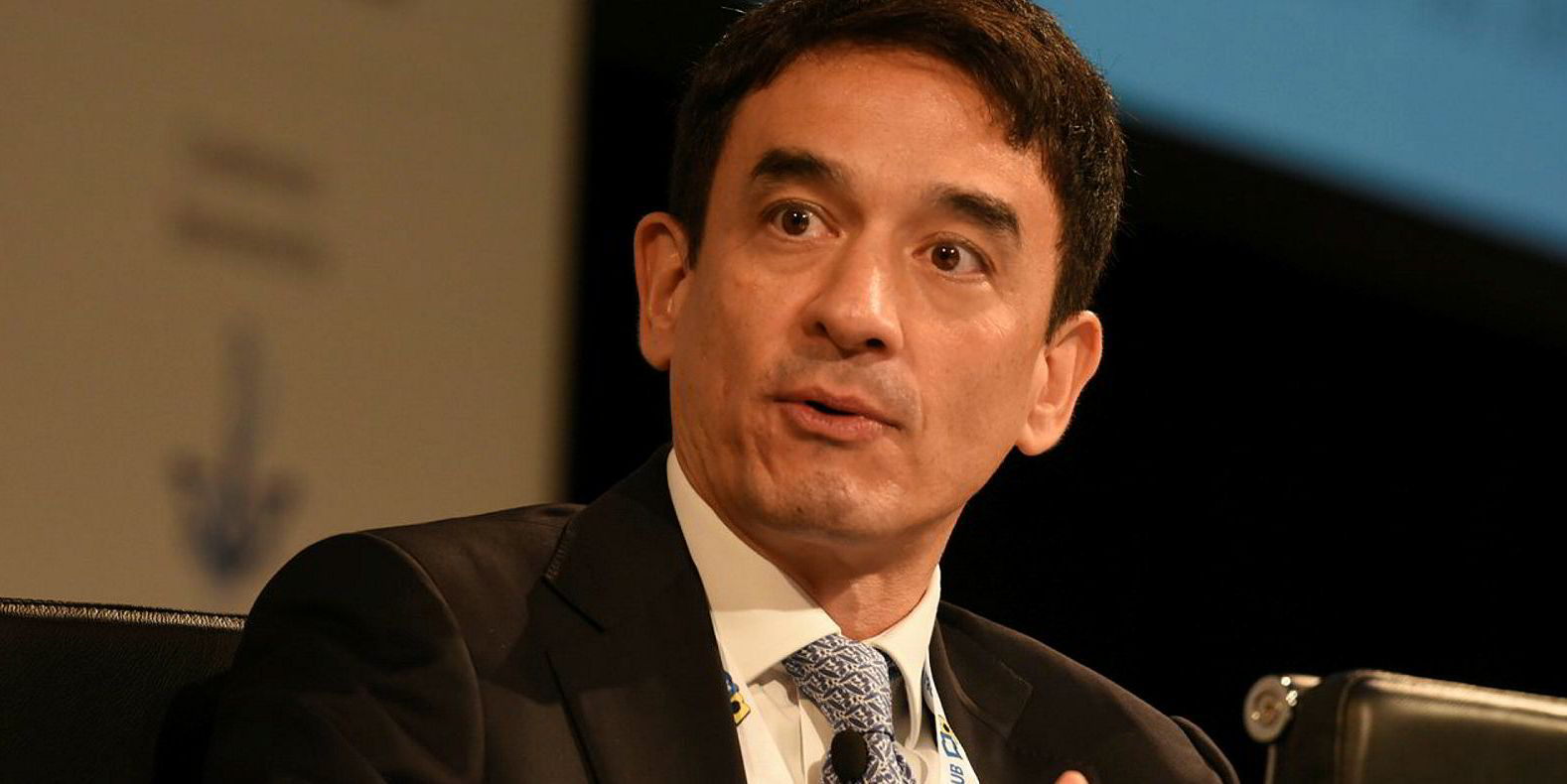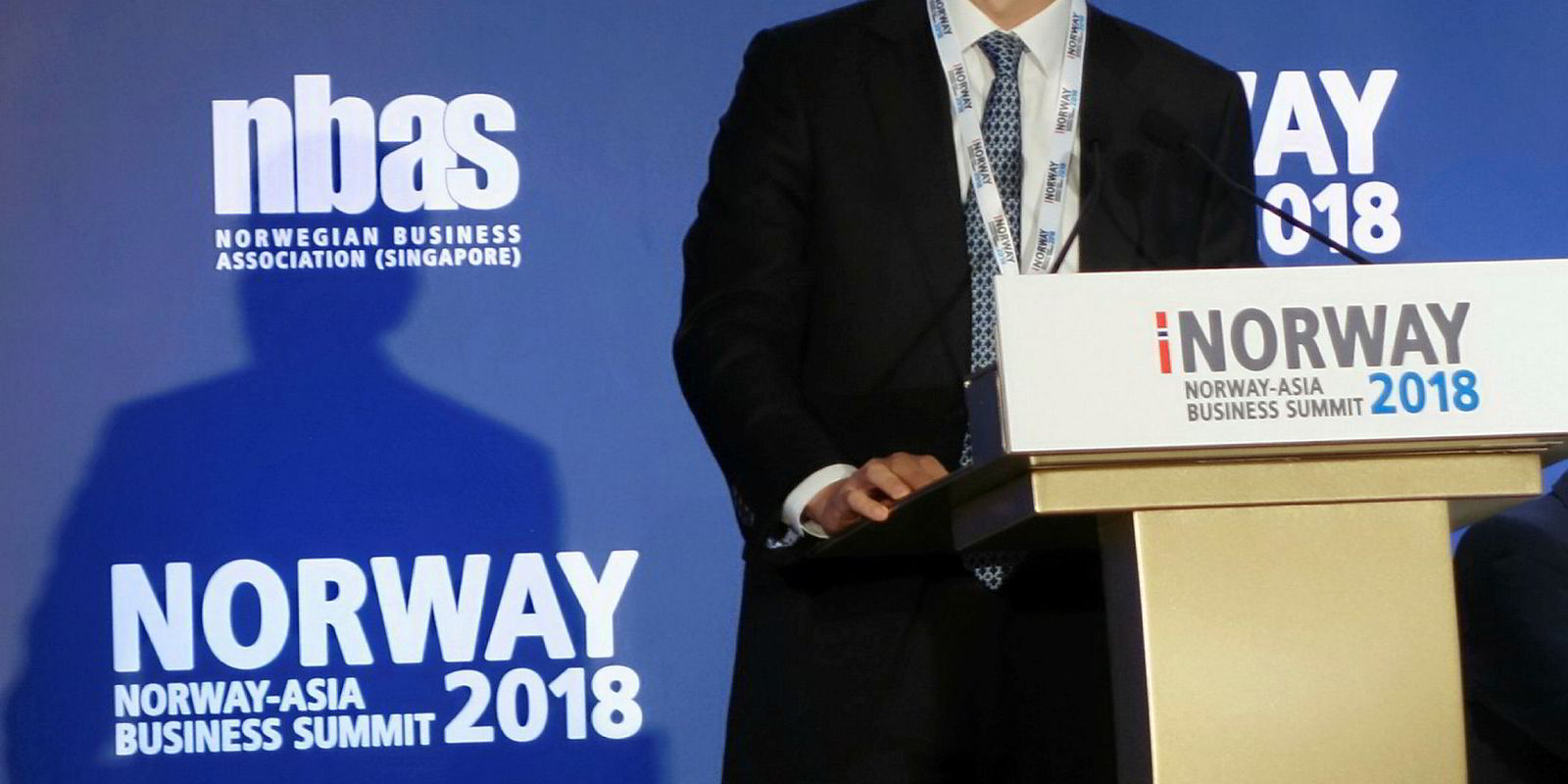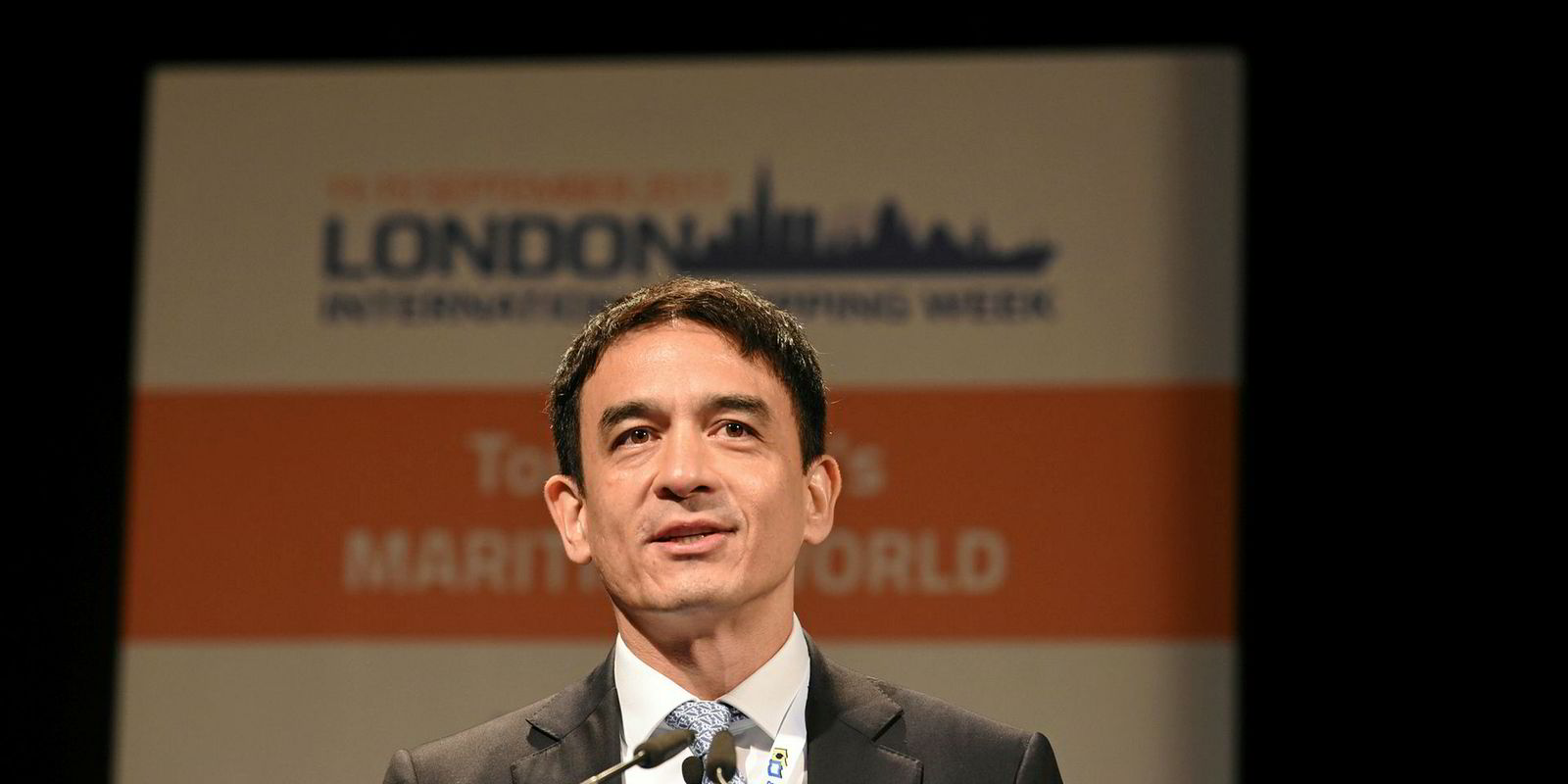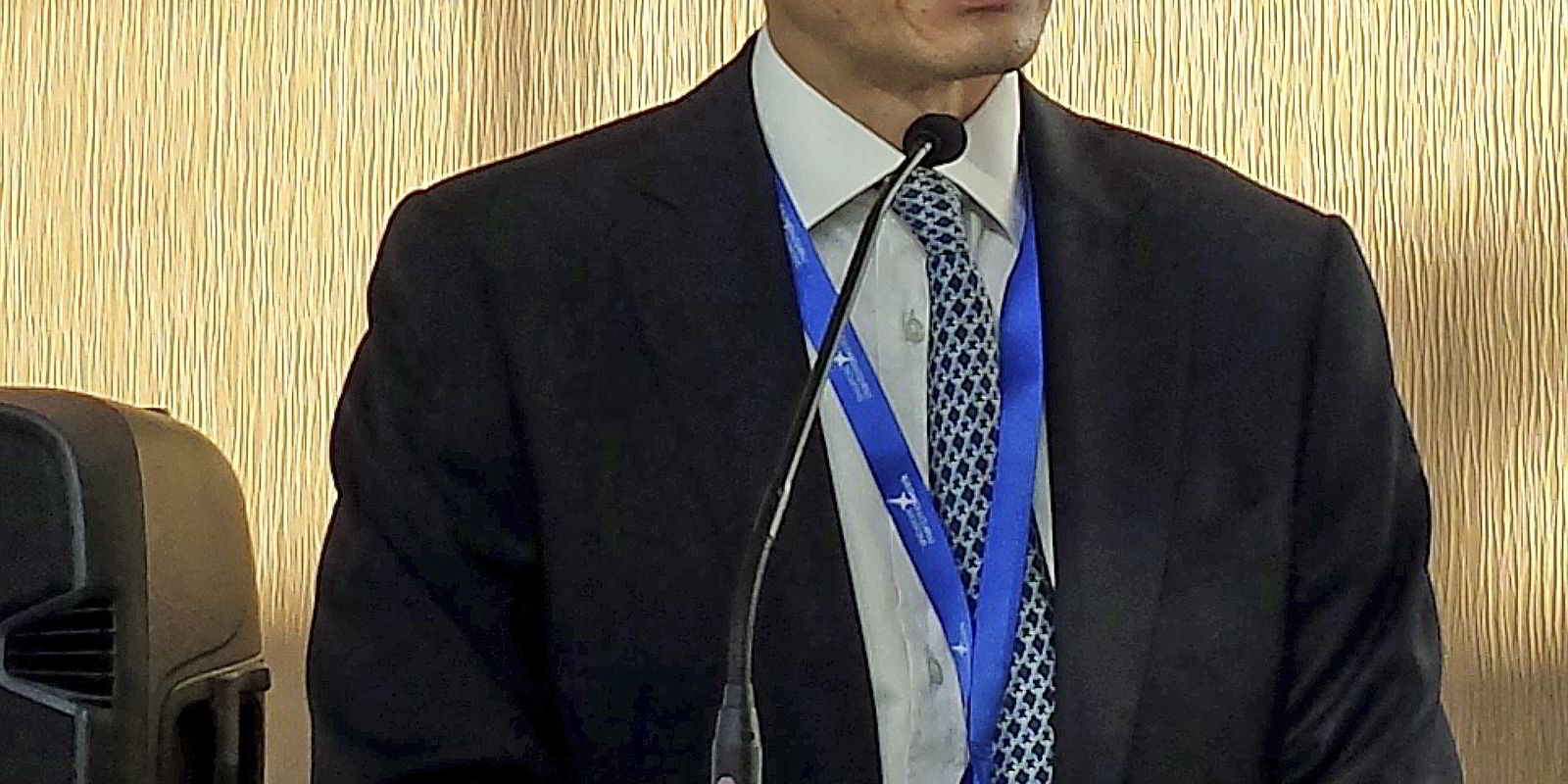Singapore shipping titan Andreas Sohmen-Pao has described the regulations surrounding ballast water management as a “complete pig’s breakfast”.
“It is an example of bad legislation,” the BW Group chairman told delegates at the Marine Money Asia conference in Singapore on Tuesday.
“Regulation is a good thing. Regulation represents progress and it represents a response to a changing environment,” he said.
“The world is changing and we have a duty as an industry and the regulators have a responsibility to stay abreast of where the world is going. Whether that’s big threats like the environment, or practical matters like rest hours.”
Sohmen-Pao said the question then becomes what distinguishes good legislation from bad legislation and he says that the industry has “seen plenty examples of both”.
“Bad legislation is stop-start — nobody knows where they stand. It is where people who invest in good faith in new regulation find they get penalised because it doesn’t go ahead, or it is technology companies who tried to find a solution to this problem, but got wiped out because legislation is not moving ahead.”
However, Sohmen-Pao does appear to be in favour of the fast-approaching IMO 2020 regulation and the use of scrubbers.
“I think it fits in the better category of legislation because it was signaled very early so no one can complain they didn’t see it coming,” he said.
“It address one of the key issues of pollution, and yes there will be second order consequences, but you know what? We are a very adaptable as an industry and as human beings, so I think you will find that we will find solutions whether that’s scrubbers, LNG or higher grade fuels.”
On the issues of scrubbers specifically, Sohmen-Pao described the choice faced by shipowners as “horse for courses”.
He said it depends on what size of ship you have, what the pay back is, what your assumptions are for how long the price differential is going to blow out, whether you have the capital to invest, and a whole host of things.
“I don’t think there is a singular right or wrong answer, it depends on each company making its own decision.”
On the consequences of the IMO 2020 legislation, Sohmen-Pao is sanguine.
“Of course there is a school of thought that it is all going to be chaos, but it may be good for shipping, because bigger ships will slow down, ships will be scrapped and so on.
“However, there was an interesting report recently by Goldman Sachs which, for me, put things into a little perspective.
“It said let’s not forget that marine fuel is 5% or less of the total oil market and in order to solve the new regulations we need to see a 1% increase in refinery yields, and a 1% increase in throughput.”
Sohmen-Pao said he didn’t think it was beyond the realms of possibility to have a 1% increase in throughput and a 1% increase in yields.
“It won’t happen on the 1 January and there will be a period where maybe prices and dislocations happen, but I don’t think we should imagine that a system as sophisticated as the modern economy and these big oil companies can’t address these issues within a reasonable amount of time.”






